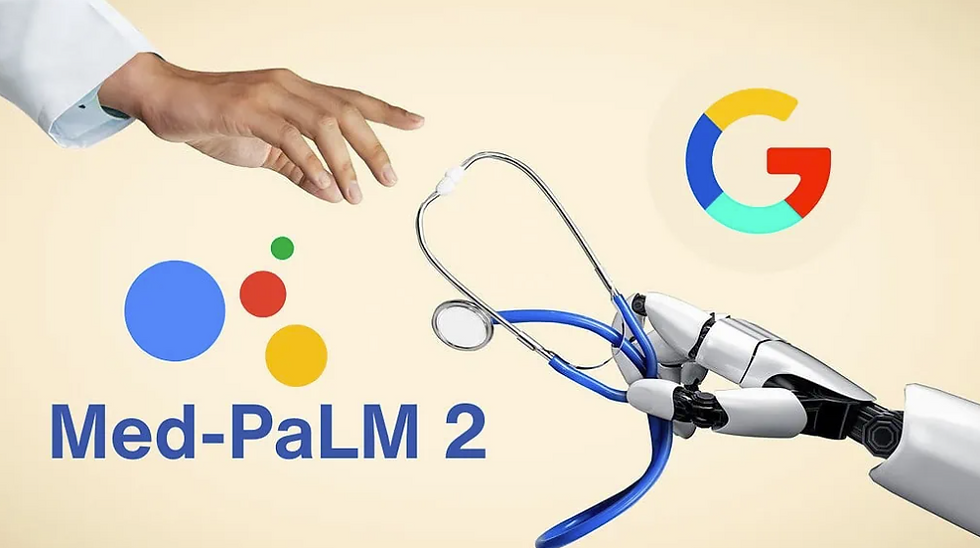
The administrative workload for UK healthcare professionals has reached a critical level. A 2024 NHS workforce report found that doctors spend up to 40% of their time on documentation rather than patient care. The rise of AI-powered medical scribing, led by technologies like Google’s Med-PaLM, is offering a solution. This advanced AI tool is revolutionising clinical documentation, reducing burnout, and allowing physicians to focus on patient care.
With AI-driven scribing, UK clinics and hospitals can significantly cut down on time spent on administrative tasks while maintaining compliance with NHS and GDPR regulations.
The Growing Documentation Challenge in UK Healthcare
Medical scribing involves transcribing doctor-patient interactions into structured clinical notes, ensuring accuracy in Electronic Health Records (EHRs). The problem? Manual documentation is time-consuming and error-prone, leading to:
Increased clinician burnout due to excessive paperwork.
Delays in updating EHRs, impacting patient care.
Higher administrative costs for NHS trusts and private clinics.
A 2024 British Medical Association (BMA) survey found that 70% of UK doctors believe administrative overload is a major contributor to job dissatisfaction. AI-powered scribing, particularly with tools like Med-PaLM, is now stepping in to bridge the gap.
How Google’s Med-PaLM is Transforming Medical Scribing
Med-PaLM is an AI-powered language model designed to understand and generate complex medical text, making it highly effective for medical scribing. Its impact includes:
1. Real-Time AI-Powered Transcription
Captures doctor-patient conversations in real time, converting speech into structured notes.
Identifies and categorises key medical information automatically.
Reduces reliance on manual dictation or third-party transcription services.
Impact: Clinicians using AI scribes have reported a 50% reduction in documentation time, allowing more time for patient interactions.
2. Enhanced Accuracy and Medical Context Understanding
Trained on extensive medical datasets, Med-PaLM understands complex terminology.
Reduces errors in documentation, ensuring compliance with clinical guidelines.
AI-assisted summaries improve clarity and reduce the risk of misinterpretation.
Impact: A 2025 NHS Digital pilot found that Med-PaLM improved clinical note accuracy by 30% compared to traditional dictation software.
3. Seamless Integration with NHS Electronic Health Records (EHRs)
AI-generated notes are automatically structured for easy EHR integration.
Supports UK-specific medical coding systems, ensuring compliance.
Enables faster retrieval of patient history and past consultations.
Impact: NHS hospitals using AI-powered documentation have seen a 25% reduction in administrative workload for physicians.
Compliance and Data Security Considerations
AI adoption in UK healthcare requires adherence to GDPR and NHS data governance standards. Med-PaLM ensures compliance by:
Using end-to-end encryption to protect patient data.
Implementing strict access controls for AI-generated records.
Maintaining audit trails for transparency and accountability.
Healthcare providers must validate AI outputs to ensure accuracy, but AI-assisted scribing significantly reduces documentation errors and legal risks.
Conclusion: A Future Where AI Handles Documentation
Google’s Med-PaLM is reshaping how UK physicians manage clinical documentation, offering faster, more accurate, and compliant medical scribing solutions. By automating repetitive admin tasks, AI is freeing up time for clinicians to focus on patient care rather than paperwork.
With AI-driven scribing set to become a mainstream tool in UK healthcare by 2025, early adopters will benefit from reduced workload, lower costs, and improved efficiency—a step toward a more sustainable and effective healthcare system.
Learn more:


Comments